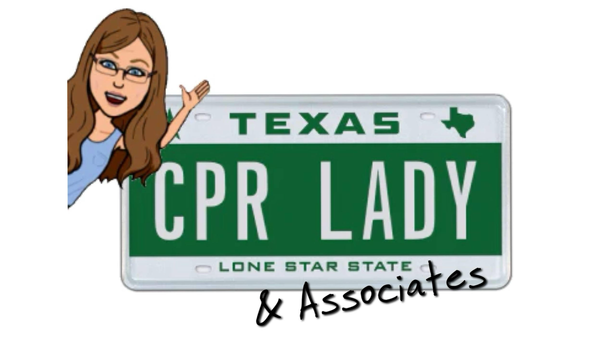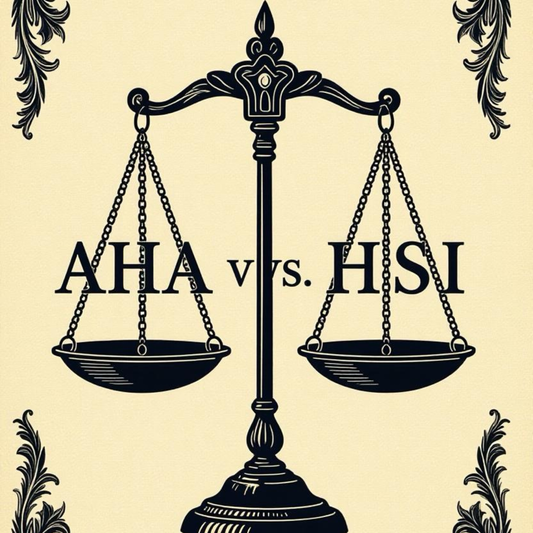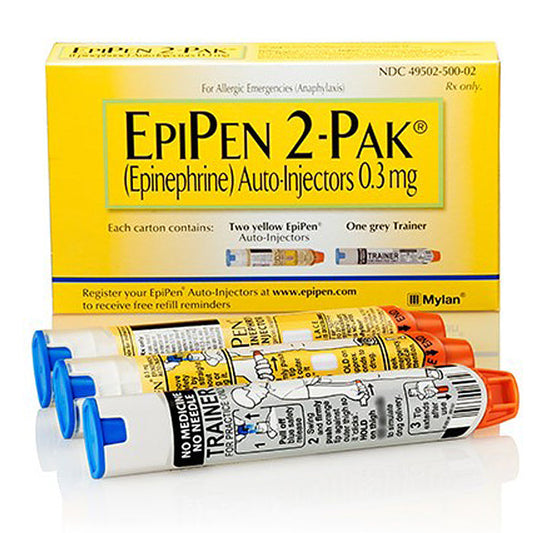
Signs and Symptoms of PTSD
William BeauregardShare
Post-Traumatic Stress Disorder (PTSD) is a mental health condition that can develop after experiencing or witnessing a traumatic event. PTSD can affect anyone, regardless of age, gender, or background. It is important to recognize the signs of PTSD so that individuals can seek treatment and support as soon as possible. Here are some of the signs of PTSD:
-
Intrusive thoughts or memories: People with PTSD often experience recurrent and distressing thoughts or memories of the traumatic event. These can be triggered by certain stimuli or occur randomly.
-
Avoidance: Individuals with PTSD may avoid anything that reminds them of the traumatic event. This could include people, places, or situations. They may also avoid talking about the event or their feelings related to it.
-
Negative thoughts or feelings: People with PTSD may experience negative thoughts or feelings about themselves, others, or the world around them. They may feel guilty, ashamed, or hopeless. They may also lose interest in activities they once enjoyed.
-
Hyperarousal: Individuals with PTSD may feel constantly on edge, irritable, or easily startled. They may also have trouble sleeping, concentrating, or relaxing.
-
Flashbacks: People with PTSD may experience vivid flashbacks of the traumatic event. During a flashback, they may feel as though they are reliving the experience.
-
Physical symptoms: PTSD can also cause physical symptoms such as headaches, stomachaches, or chest pain. These symptoms may be related to the trauma or may be a result of the anxiety and stress associated with PTSD.
If you or someone you know is experiencing these symptoms, it is important to seek help from a mental health professional. Treatment for PTSD may include therapy, medication, or a combination of both. With the right support, individuals with PTSD can learn to manage their symptoms and improve their quality of life.



